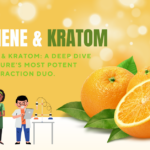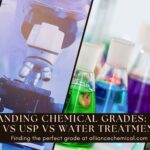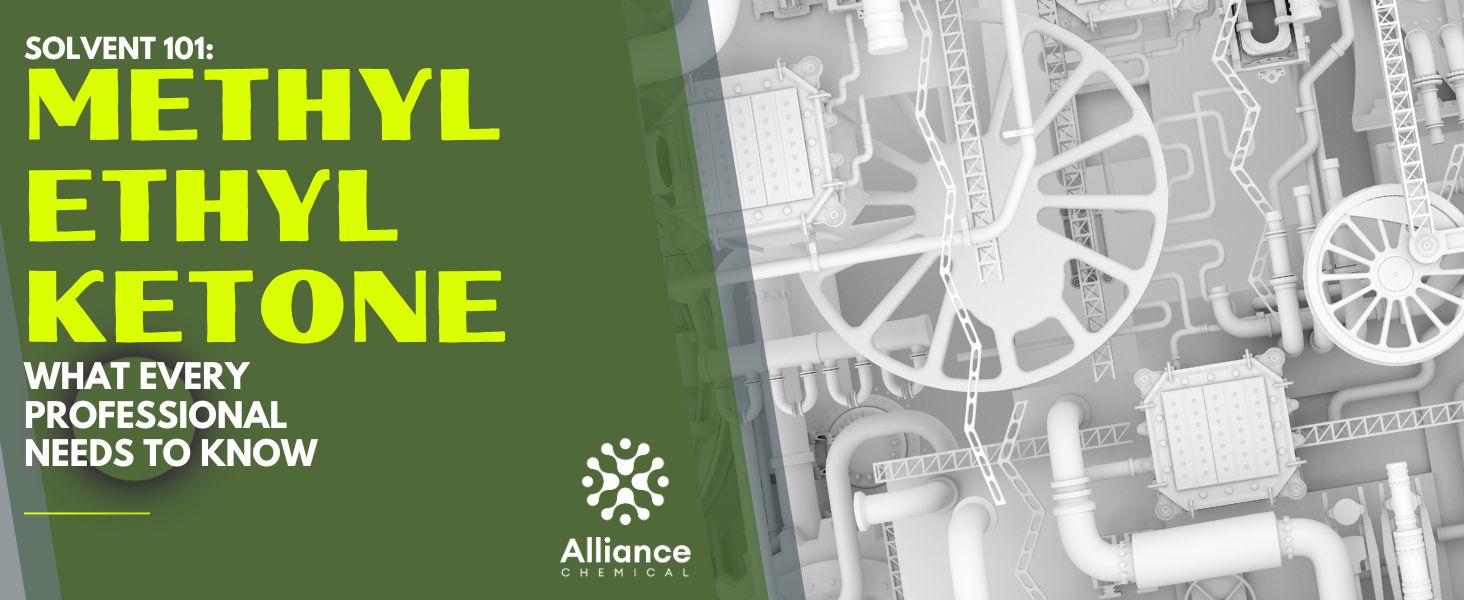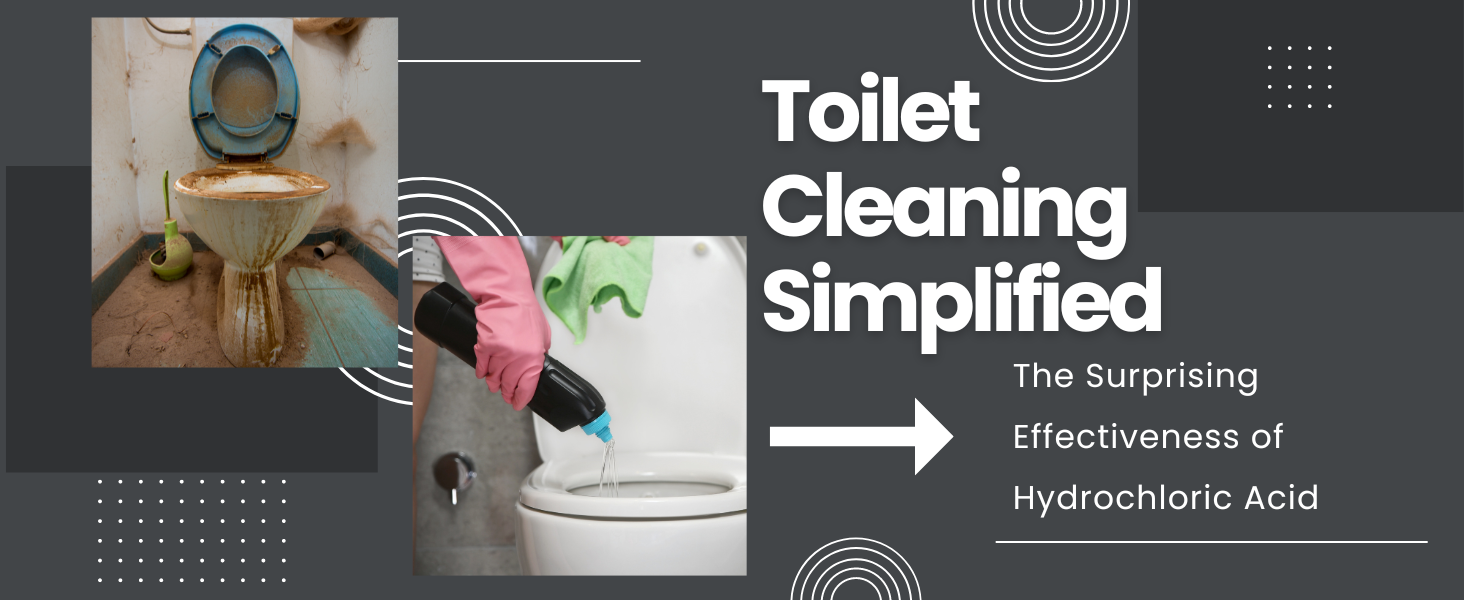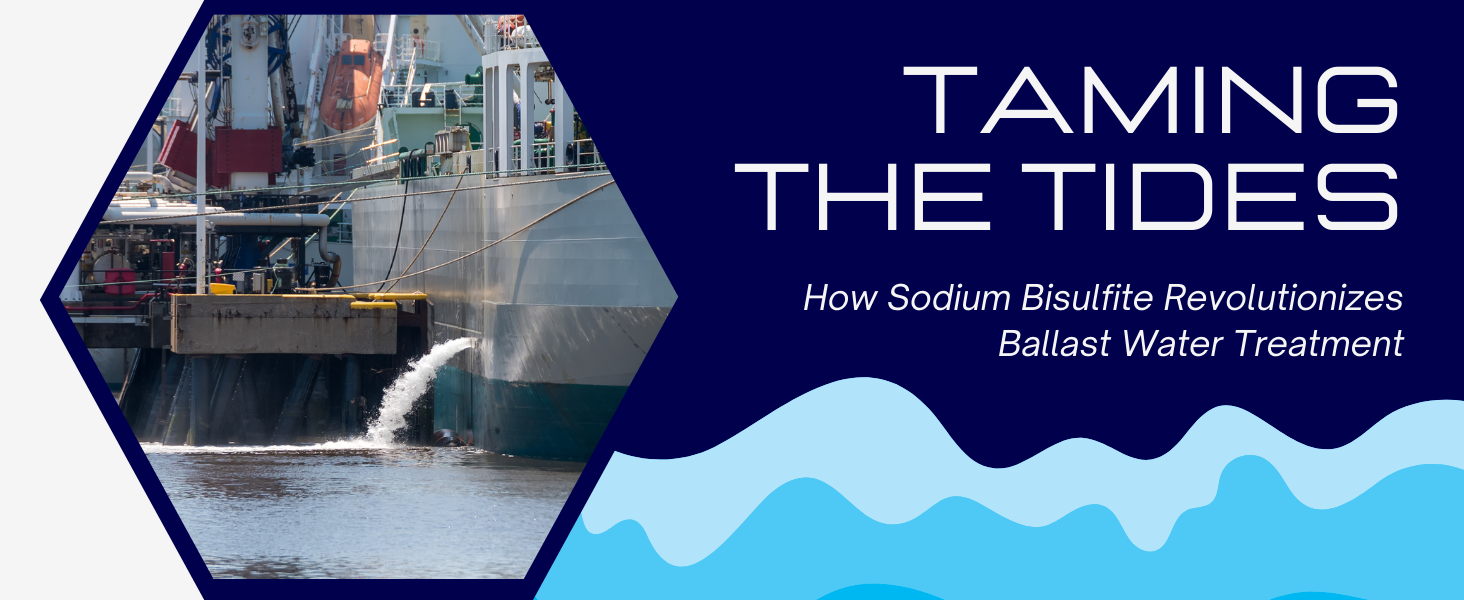
Harness the Power of High-Quality USP Grade D-Limonene: A Natural Alternative to Traditional Chemicals
Discover the Benefits of D-Limonene and How It Compares to Common Chemicals in Cleaning and Industry
D-limonene, a naturally occurring compound found in citrus fruit rinds, has become increasingly popular due to its versatility and numerous benefits. This article will delve into the uses and advantages of high-quality USP grade D-limonene, along with its connection to orange essential oil and D-limonene orange peel extract. By the end of this article, you’ll have a better understanding of how to harness the power of this remarkable compound for your health and home.

The Many Applications of D-Limonene
D-limonene boasts a wide range of applications across various industries:
A. Aromatherapy and cosmetics: The invigorating citrus scent of D-limonene is highly sought after in the fragrance and cosmetics industries. As a key component in orange essential oil, it is often used in aromatherapy to promote relaxation and reduce stress.
B. Flavoring agent: With its tangy, citrus taste, D-limonene is frequently used as a flavor enhancer in food and beverages, as well as in confectionery items.
C. Natural cleaner and degreaser: Thanks to its powerful solvent properties, D-limonene effectively breaks down grease, grime, and adhesive residues. As a result, it is a popular ingredient in eco-friendly household and industrial cleaning products.
D. Therapeutic uses: D-limonene has demonstrated potential health benefits, such as antioxidant, anti-inflammatory, and antifungal properties, which can be harnessed through the use of essential oils containing D-limonene.
-
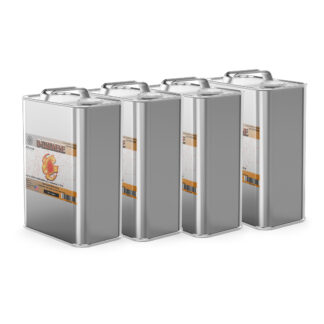 D-Limonene Food Grade$43.00 – $11,800.00
D-Limonene Food Grade$43.00 – $11,800.00
Comparing D-Limonene to Common Chemicals
A. Isopropyl alcohol and rubbing alcohol: While isopropyl alcohol and rubbing alcohol are widely used as disinfectants and solvents, D-limonene offers a more pleasant aroma and is gentler on the skin.
B. Hydrochloric acid and muriatic acid: These potent acids can be effective in cleaning and industrial applications, but they pose risks to human health and the environment. D-limonene is a safer, natural alternative with comparable effectiveness.
C. Sodium hydroxide and caustic soda: These chemicals, known for their powerful cleaning and degreasing properties, can cause burns and irritation upon contact with skin. D-limonene provides similar cleaning power without the associated risks.
-
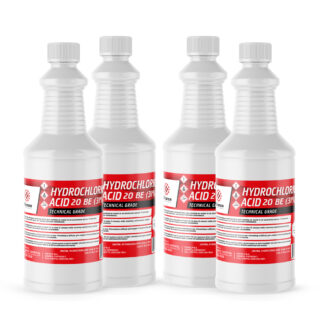 Hydrochloric Acid 31% Technical Grade$22.00 – $5,022.00
Hydrochloric Acid 31% Technical Grade$22.00 – $5,022.00 -
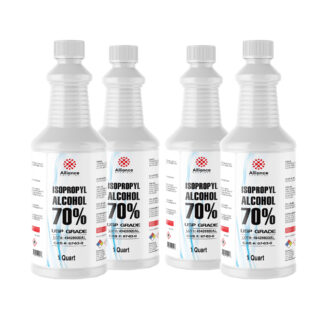 Isopropyl Alcohol 70% USP Grade$25.00 – $3,700.00
Isopropyl Alcohol 70% USP Grade$25.00 – $3,700.00

Choosing the Right Cleaning Solution
While common chemicals like 99 alcohol, isopropyl alcohol 70, and 2-butanone have their applications, it is essential to consider the potential risks and environmental impact. High-quality USP grade D-limonene is a safe and effective alternative that can help reduce your carbon footprint and promote a healthier living and working environment.

D-Limonene’s Antifungal Properties: A Natural Fungus Fighter
D-limonene has proven effective against various fungal species due to its antifungal properties. This makes it a useful ingredient in cleaning products and personal care items designed to combat mold, mildew, and fungal infections on surfaces and skin.

The Safety and Handling of D-Limonene
When used according to recommended guidelines, D-limonene is generally considered safe. However, it is essential to be aware of potential risks and proper handling procedures:
A. Skin irritation: Prolonged or excessive exposure to D-limonene may cause skin irritation or sensitization in some individuals. Wearing gloves and protective clothing is advised when handling D-limonene.
B. Inhalation risks: Inhaling high concentrations of D-limonene vapors may lead to respiratory irritation. Ensure proper ventilation when using D-limonene and follow safety guidelines.

To sum things up…
High-quality USP grade D-limonene offers an eco-friendly alternative to traditional chemicals like isopropyl alcohol, hydrochloric acid, sodium hydroxide, and more. Its versatility and numerous benefits make it an invaluable addition to various applications, from cleaning and degreasing to aromatherapy and cosmetics. By understanding the advantages of D-limonene and how it compares to common chemicals, you can make informed decisions and choose the best solutions for your health and the environment.
-
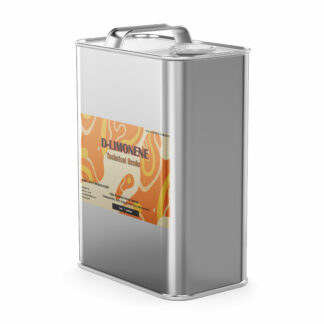 D-Limonene Technical Grade$44.00 – $8,000.00
D-Limonene Technical Grade$44.00 – $8,000.00 -
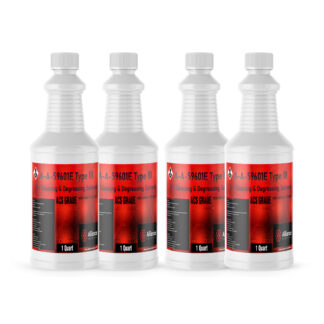 A-A-59601E Type III ACS Grade$32.00 – $6,800.00
A-A-59601E Type III ACS Grade$32.00 – $6,800.00 -
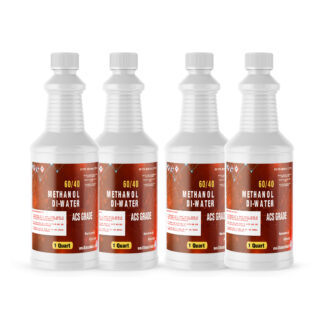 60/40 Methanol/DI Water Solution ACS Grade$25.00 – $4,300.00
60/40 Methanol/DI Water Solution ACS Grade$25.00 – $4,300.00 -
 Trichloroethylene (TCE) ACS Grade$35.00 – $12,100.00
Trichloroethylene (TCE) ACS Grade$35.00 – $12,100.00 -
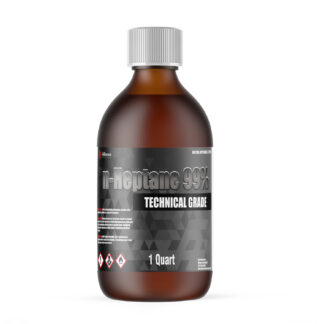 n-Heptane 99% Technical$28.00 – $6,500.00
n-Heptane 99% Technical$28.00 – $6,500.00 -
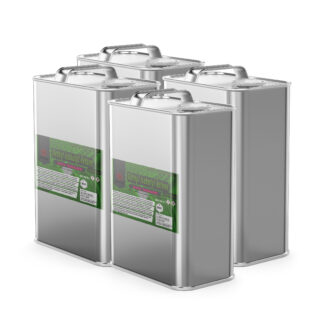 Methyl Isobutyl Ketone (MIBK) ACS Grade$35.75 – $7,650.00
Methyl Isobutyl Ketone (MIBK) ACS Grade$35.75 – $7,650.00 -
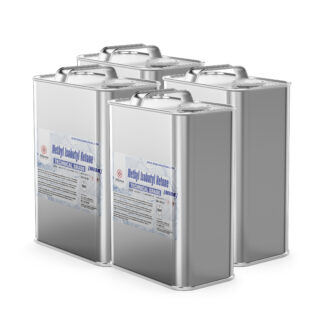 Methyl Isobutyl Ketone (MIBK) Technical Grade$30.75 – $7,500.00
Methyl Isobutyl Ketone (MIBK) Technical Grade$30.75 – $7,500.00 -
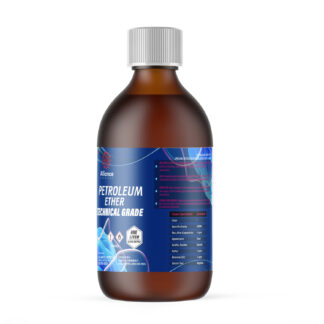 Petroleum Ether Technical Grade$52.00 – $13,800.00
Petroleum Ether Technical Grade$52.00 – $13,800.00 -
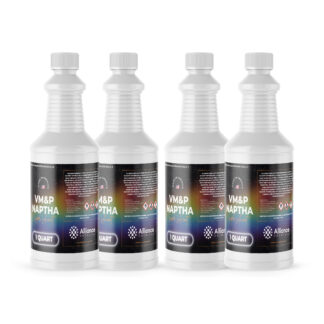 VM&P Naphtha$30.00 – $6,750.00
VM&P Naphtha$30.00 – $6,750.00




